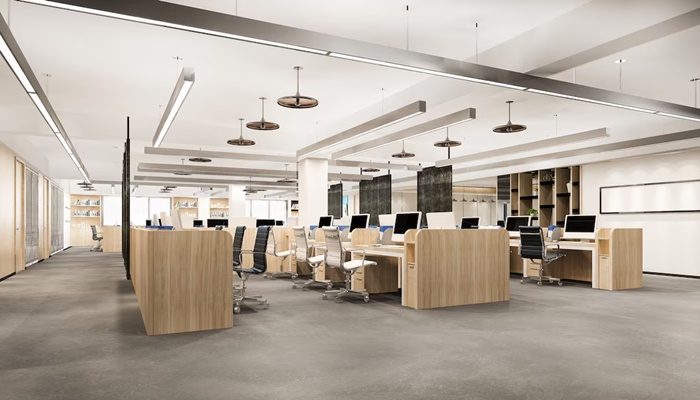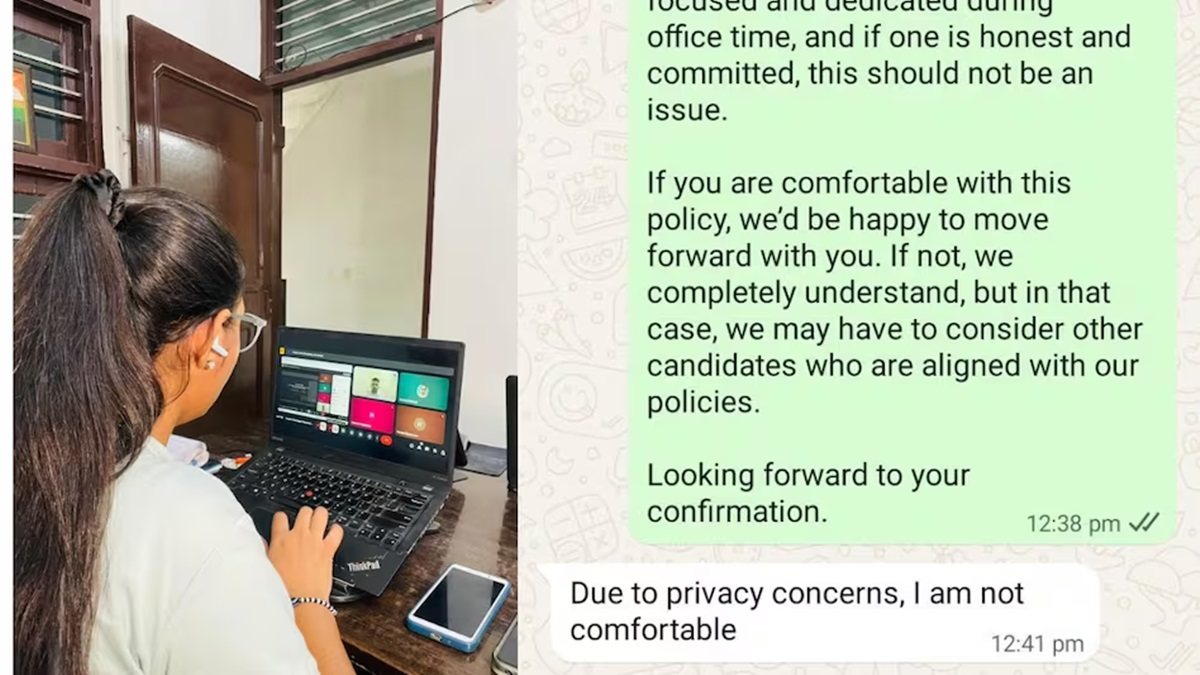In today’s ever-evolving and dynamic work landscape, employee concerns are not monolithic. The core concerns of the employees are now not just confined to competitive salaries or job security alone. The changing lifestyle and technological disruptions have a major role in changing the course of today’s workforce expectations.
Adding to this complexity is the multigenerational nature of today’s workplaces. Each cohort, be it Gen Z, Millennials, Gen X or Boomers, brings its own set of expectations, priorities and pain points. Addressing this mix of employee concerns demands nuanced and tailored HR solutions. ETHRWorld reached out to HR leaders across industries to highlight the core concerns of today’s workforce.
Concerns are correlated
According to Sunder Natarajan, Chief Human Resources Officer, IndiaFirst Life Insurance, employee productivity and happiness are intertwined and often positively correlated. In his perspective, the major concerns emerging in today’s workforce include–
- Work-life balance and mental health: Catch-22 situations, like a parent attending a vital sales pitch and a PTA meeting at the same time, or a sole breadwinner in the family suffering from a lifestyle ailment, affect both family peace and work productivity. There are no right answers to these situations. Work-life balance is highly personal, and clarity in professional and personal goals alone can serve as a guiding beacon to manage this tightrope. Without such clarity, the mental health of the individual and their family may suffer.
- Having to do repetitive work: A mid-level executive tasked with a mundane and repetitive role (but essential to the organisation) may stagnate that individual’s career path if they are not given good direction in the form of a professional goal, along with suitable opportunities to acquire new skills to improve delivery and be recognised for their productivity. Such a role may face automation in the foreseeable future, leading to redundancy unless proactive measures are taken.
- Desire for meaningful work: Employees increasingly crave work that resonates with their values and aligns with their sense of purpose. Identifying and finding congruence with individual and organisational purpose can unlock hidden talent across the workforce. Alternatively, quality work can be achieved with a gig workforce, where alignment is reached for short-term goals.
Sukhpreet Swaran Sandhu, an HR leader, shares three major employee-employer gaps, which are interrelated–
- Not enough performance reviews: Employees often feel they receive performance feedback only during annual reviews, which is too late, vague or not actionable. They want timely, actionable insights that help them grow continuously; otherwise, the voice comes in the form of ambiguities like ‘I don’t know how I am doing until it’s way too late’.
- No visible career progression: Employees struggle with understanding what it takes to progress, leading to no visible career paths, role clarity or skill expectations at each level.
- Need for transparent leadership communication: Employees seek more visibility into leadership thinking, particularly in a hybrid environment; they want to feel connected to the bigger picture and understand how decisions impact their work. Humanising these experiences isn’t just good practice, it’s essential for building workplaces where people thrive.
Resonating to the above viewpoints, Rakesh Kumar Yadav, Head – HR, SYSTRA India, says, “With the rise of hybrid and remote work, employees are increasingly concerned about maintaining boundaries between professional and personal life. This concern is intensified by the constant connectivity enabled by new technologies and digital tools, which, while meant to support flexibility, can also blur these boundaries. Mental health, burnout prevention and holistic wellbeing, including flexibility in work schedules and support services, are frequently highlighted, especially as employees across different generations manage unique needs, family responsibilities and work styles.”




















